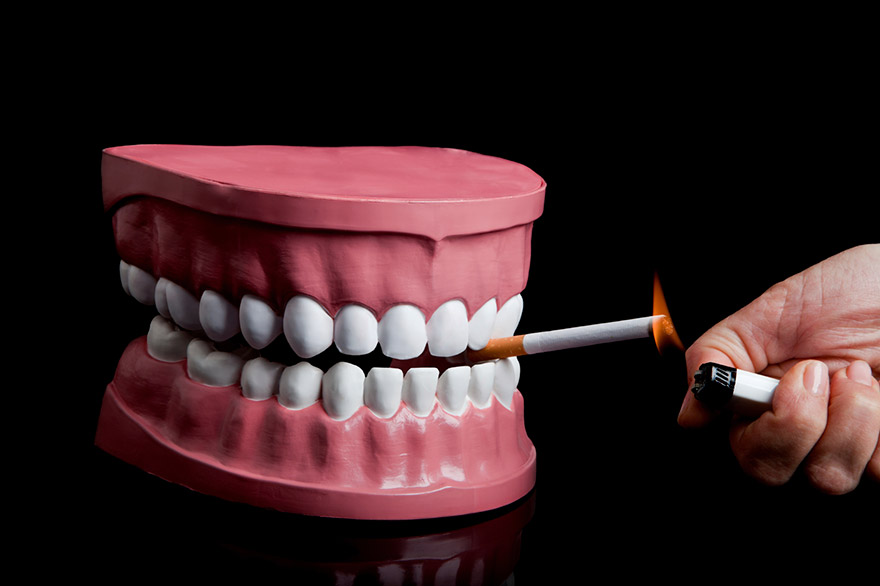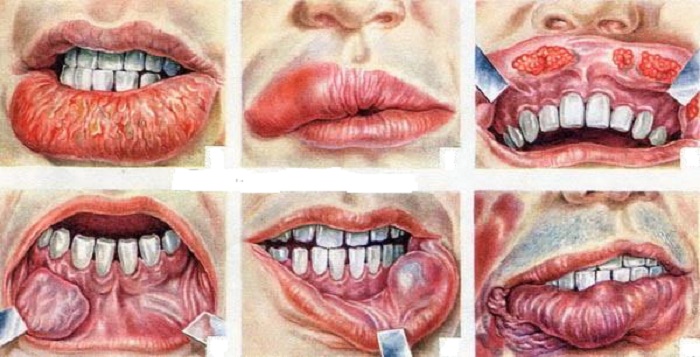Smokers & Tobacco
 Regular exposure to tobacco in any form is unsafe and can compromise your health.
Regular exposure to tobacco in any form is unsafe and can compromise your health.
Tobacco use “is a tremendously addictive habit, regular dental visits can help with early detection” of gum disease and precancerous mouth sores.
The people at greatest risk for oral cancer are chronic smokers who don’t visit their dentists regularly. “By the time oral cancer is detected, it’s hard to treat. Also, the treatments can be more challenging at later stages. Surgery and radiation treatments are often disfiguring and can affect your ability to speak and eat.
 Oral
Oral
• Stained teeth and tongue
• Dulled sense of taste and smell
• Slow healing after a tooth extraction , gum surgery or jaw correction surgery
• Less success rate of dental implants
• Difficulties in correcting cosmetic dental problems
• Increased risk of gum disease and tooth decay
• Oral cancer
General
A primary relationship between smoking and coronary heart disease, stroke, subclinical atherosclerosis, chronic obstructive pulmonary disease, pneumonia, low birth weight, and various cancers has been established without doubt.
Pregnant women who smoke tobacco have increased risk of stillbirth.
 Regardless of how long you have used tobacco products, quitting now can greatly reduce serious risks to your health.
Regardless of how long you have used tobacco products, quitting now can greatly reduce serious risks to your health.
To ensure good oral health throughout the years:
Quit smoking. After you’ve quit smoking, your risk of oral health problems decreases significantly. And the longer you remain a non-smoker, the lower your risk becomes. A decade after you’ve quit, your risk for periodontal disease is similar to that of a person who never smoked at all.
Get regular dental checkups. As with most cancers, early detection can improve your outcome. “The good news is that regular checkups by a dentist are a good way to catch oral cancer early and start treatment sooner.
Brush properly. “Most people who have gum disease develop it from not brushing and flossing properly. The heat and carcinogens found in cigarettes and tobacco are also damaging to your mouth and gums. So people who use tobacco need to be careful about brushing and flossing correctly and doing so as often as recommended.
Seek support from your friends and family, as well as your doctor, dentist, counselor, etc.
Practice behavioral distractions (such as the use of mini tooth brushes for on-the-go brushing) when the urge to smoke comes up.
Make use of medications – both prescription and over the counter – and use as directed.
Prepare for setbacks and seek help for overcoming obstacles or relapses.
The effects of smoking on teeth, breath, your general health can all influence a patient's desire to quit, but a visit to the dentist is an important first step. Dentists and dental hygienists will have a crucial plan that starts the process. Everyone wants white teeth, fresh breath, a healthy mouth and firm gums, and with help from our dental office, you can achieve all of these. It's never too late to quit being unhealthy.
